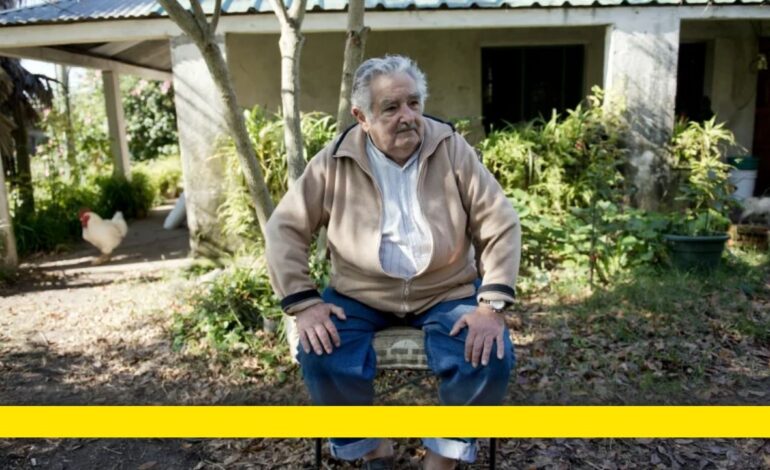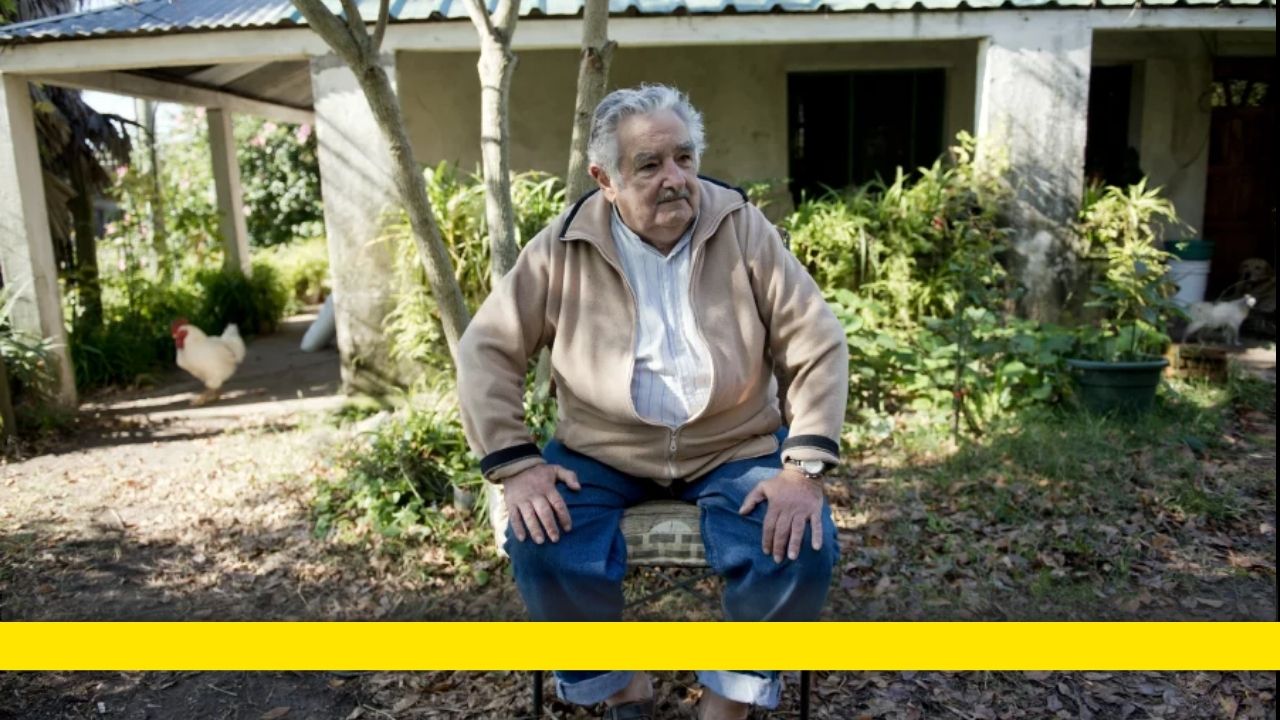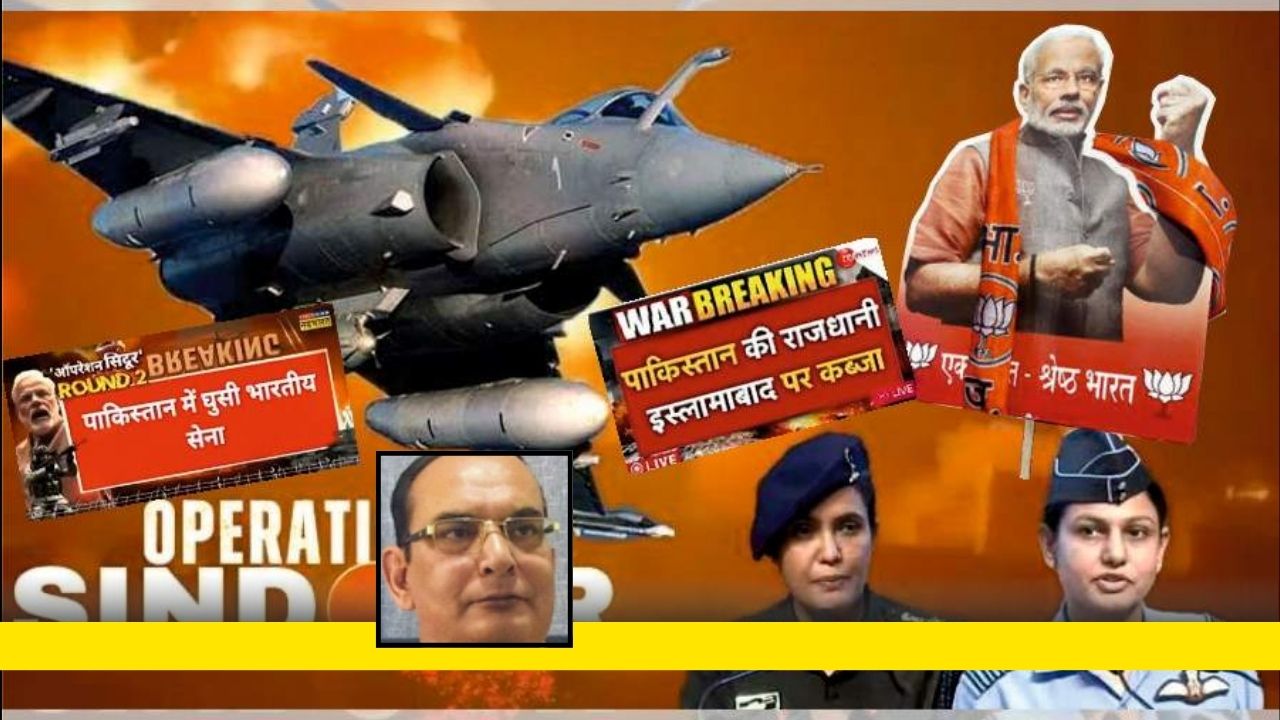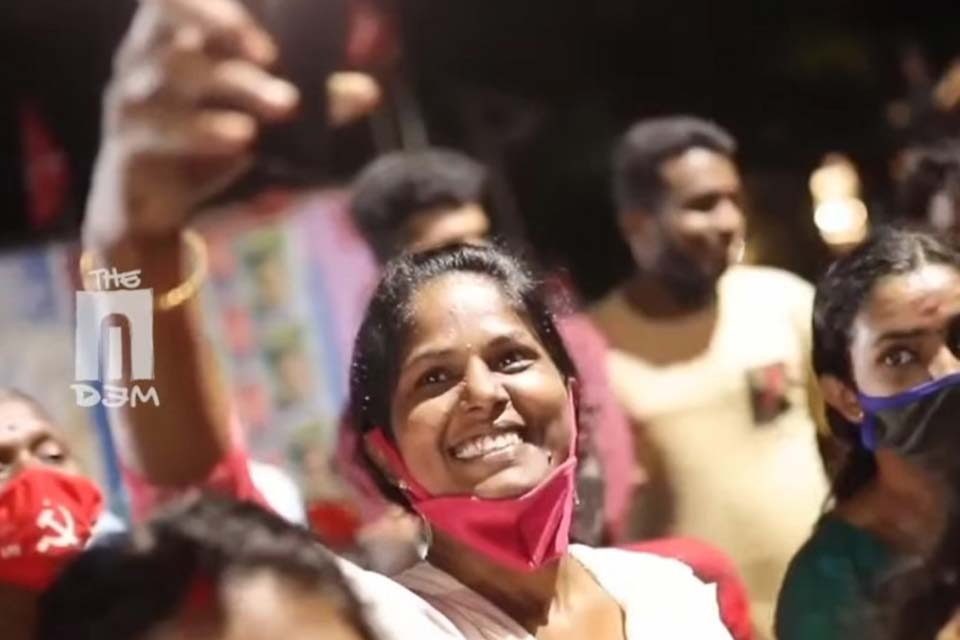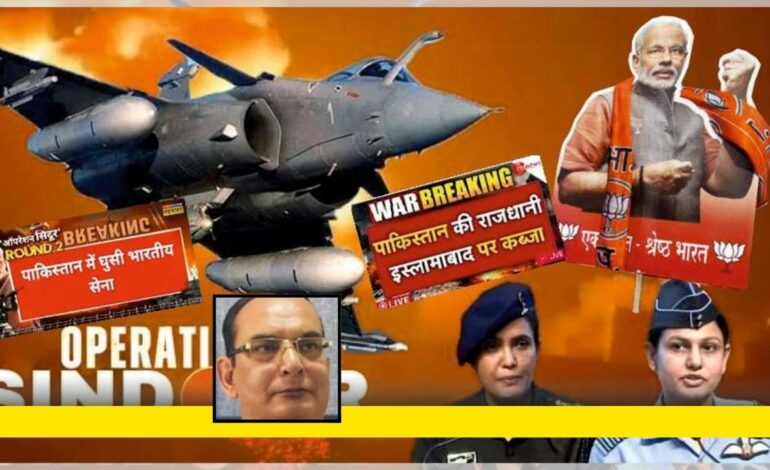
The past week witnessed an unprecedented escalation of tensions between two nuclear powers—India and Pakistan. The situation worsened after India launched Operation Sindoor in retaliation against Pakistan-backed terrorist groups, following the Pahalgam attack on April 22, in which 26 civilians were killed by operatives of The Resistance Force (TRF), a largely unknown entity.
In a tit-for-tat response, after Operation Sindoor was carried out on the night of May 6–7, Pakistan launched a series of drone attacks and heavy shelling along the Line of Control (LoC) in Kashmir on Wednesday, May 7. India responded to this aggression on the following two days as well, and a ceasefire was declared on the fourth day, i.e., May 10.
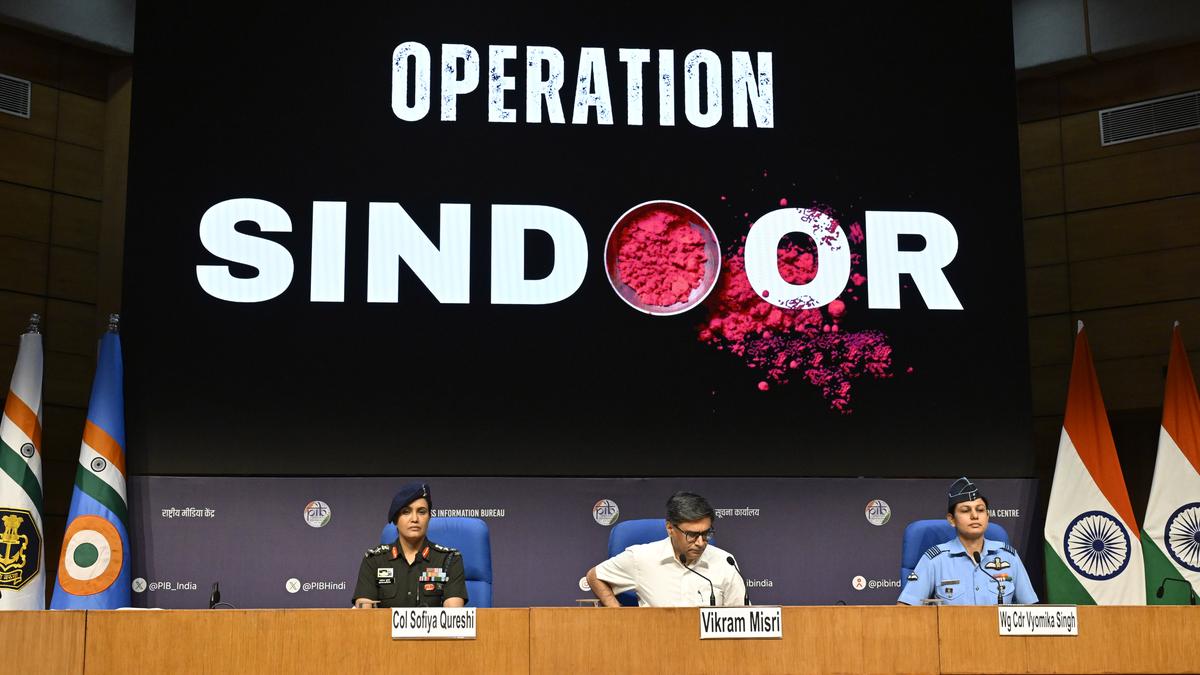
India’s political and military leadership took a principled stand by refusing to tolerate any terrorist activity on Indian soil. Their commitment to delivering a fitting response was further strengthened by active diplomatic outreach.
However, another key pillar of any functioning democracy—the media, particularly electronic media—displayed immaturity by broadcasting often inaccurate and speculative information. Much of the coverage bordered on inciting religious animosity and was entirely unnecessary.
Despite a government directive cautioning against sensational and unverified reporting, the country’s electronic and social media continued to report events according to their own narratives.

In the latest episode, Indian TV channels, which have now created their own ecosystem of reporting detached from journalistic standards, exaggerated India’s successes. They were aided by a multitude of self-proclaimed defence and strategic affairs experts who, under the guise of offering analysis, provided biased and sensational commentary.
Social media followed suit, having evolved into a space where unverified and largely false news is freely peddled. Every layperson seemed to assume the role of an expert, offering distorted interpretations of the unfolding events.
One such issue dominating TV discussions, social media, and even some newspapers was the question of which country would support whom in the event of a war—essentially, which Islamic countries would support Pakistan if conflict broke out between the two nuclear-armed states.
These so-called experts, oblivious to the complexities of warfare and geopolitics, framed the issue in religious terms—suggesting that Islamic countries would back Pakistan, while India would stand alone.
If we go by this simplistic logic, India would only have one ally: Nepal, the only officially Hindu nation. Yet, in reality, many Arab nations—often labelled “Islamic countries”—voiced support for India.
Moreover, these experts grouped all Muslim-majority nations as Islamic countries, though in the strictest sense, not one of them fits the true definition of an Islamic state.

International diplomacy is a nuanced arena, where overt alliances often mask deeper strategic calculations. For instance, while Turkey and China have historically supported Pakistan in multilateral forums, their positions are driven by broader geopolitical rivalries and self-interest.
These pundits also speculated whether countries like Saudi Arabia, the UAE, Turkey, Iran, Oman, and Qatar would support Pakistan in the name of the Ummah—the global Muslim community. They ignored the reality that no unified Islamic Ummah exists in practical terms.
The so-called Muslim world lacks a truly unified Islamic Ummah in reality
The more pertinent question is whether these nations would prioritize economic and geopolitical interests by adopting a neutral stance, limiting their support to rhetoric. While their responses varied, the underlying message remained consistent.
During the conflict, Saudi Arabia—often considered the leader of the Islamic world—chose diplomacy. Saudi Arabia currently has more substantial investment interests in India than in Pakistan and employs around 2.6 million Indians. Notably, when the Kashmir attack occurred, Prime Minister Modi was in Jeddah to discuss the India-Middle East-Europe Economic Corridor and finalize a $100 billion investment deal.
Further, on Thursday, May 8, Saudi Foreign Minister Adel Al-Jubeir made a surprise visit to India to meet External Affairs Minister S. Jaishankar, aiding efforts to de-escalate the situation.
Similarly, the UAE has announced plans to invest billions in India to diversify its oil-based economy. Its commitment to India was evident in its diplomatic support.

Iran sent Foreign Minister Abbas Araghchi to both India and Pakistan to help reduce tensions. India, meanwhile, is working on developing the Shahid Beheshti terminal at Chabahar Port, including a $120 million investment and a $250 million credit line. In this context, Iran has significant interests in maintaining good relations with India.
Turkey was subjected to a particularly aggressive media campaign after reports emerged that Pakistan had used Turkish-made drones in the attacks. However, this does not imply unconditional Turkish support for Pakistan in every military action. India’s trade with Turkey reached $10.43 billion in FY 2023–24, while Turkey’s trade with Pakistan only recently hit a record $1.4 billion.
India’s bold stance during this crisis sent a clear message that it would not tolerate further terrorist threats from Pakistan. This position, backed by diplomatic efforts, was reinforced by India’s engagement with countries like the UK, US, Saudi Arabia, Iran, and the UAE. Most of these nations supported India, as demonstrated by the high-level diplomatic outreach involving their foreign ministers.
One key takeaway from Operation Sindoor is the urgent need for the Indian media—particularly electronic media—to reform itself. Chasing TRPs by airing malicious or false information will not earn credibility; it will only invite ridicule.
The government took a commendable step by appointing Col. Sophiya Qureshi as the Ministry of Defence spokesperson and acknowledging the sacrifices of every soldier martyred in the conflict. Only such mature, religion-neutral narratives can strengthen national unity and the credibility of Indian media.
With Operation Sindoor, India—an emerging global power with a difference—sent a firm and assertive message to the world: from now on, India will play by its own rules. Hopefully, the world will take positive note.
This article was originally published in Punjab Today News and can be read here.



